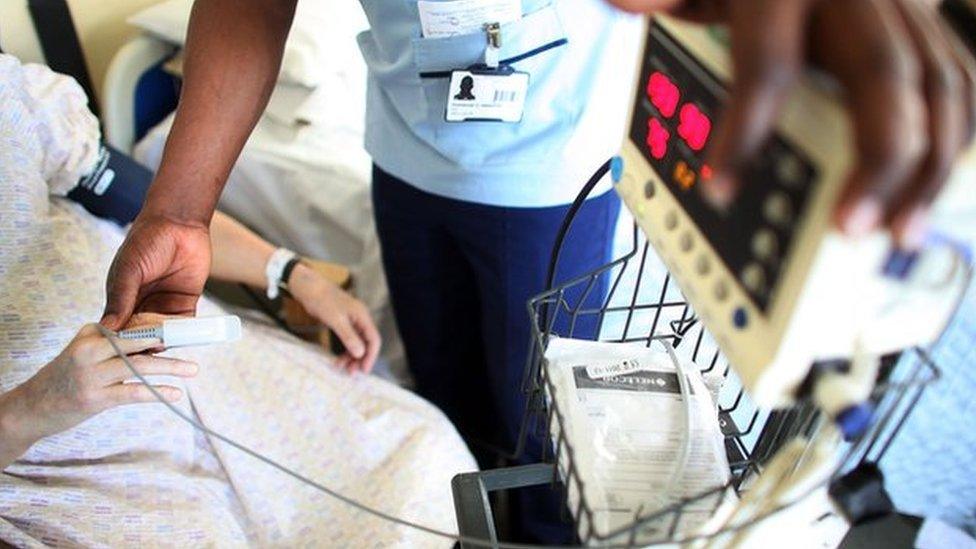Welsh budget Q&A: What can we expect?
- Published
AMs gather in the Senedd on Tuesday for arguably the most important announcement in the assembly calendar - the budget.
Mark Drakeford will be presenting the Welsh Government's spending plans to AMs for the first time since he was installed as finance secretary.
The last financial plan - for 2016/17 - saw cuts for local government but rises in funding for the NHS and education.
This year's plan, as in previous years, is likely to be a story of how the government manages declining pots of Westminster cash and what priorities it has.

Are we heading for cuts?

Last year's budget came to almost exactly £15bn, but for 2017/18 we are expecting that to shrink to something between £14.6bn and £14.8bn.
That would amount to £200m-£400m less cash to spend.
There are inevitably going to be cuts in some parts of the Welsh Government's budget.
Wales cannot raise its own money through taxes yet and so does not have scope to raise extra money itself. Apart from the proceeds of business rates, it gets all of its money from the UK government.
Some small taxes - stamp duty and landfill tax - will be devolved by 2018, so this is the last budget where they will not be factored in.

What does Labour have to find money for?
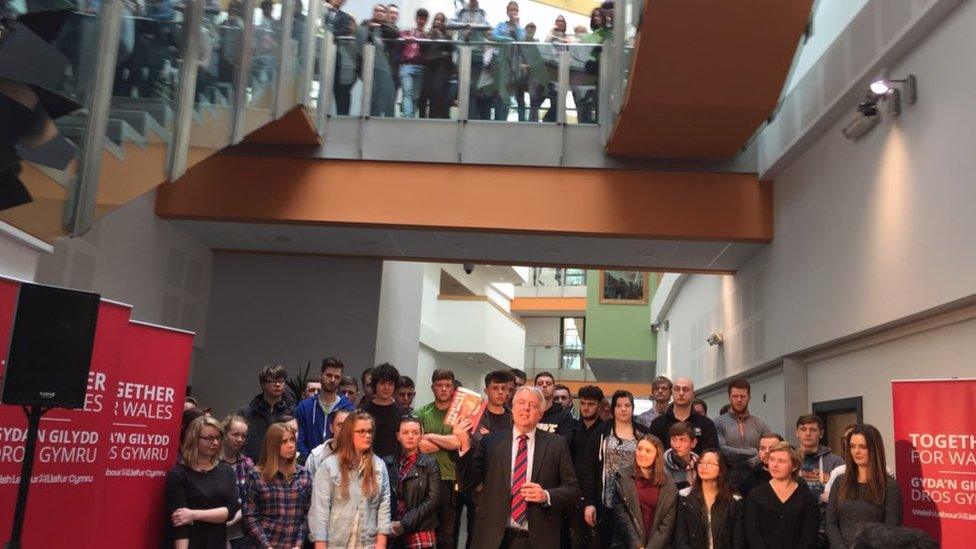
Carwyn Jones launched his party's 2016 manifesto before the May assembly election,
At the assembly election Labour - which came out as the largest party and leads the government which includes one Liberal Democrat minister - made a list of pledges which it will need to fund if it is going to keep them.
The fact that the Welsh Government is operating a "one-in, one-out" approach to spending means every new thing being funded needs something else scrapped to pay for it.
A few weeks ago First Minister Carwyn Jones said Labour would keep those promises - but warned there were going to be cuts.
The government's five-year programme includes:
30 hours free childcare a week for parents of three and four-year-olds
100,000 apprenticeships open to people of all ages
cutting business rates for small firms
improved access to GP surgeries, plus a fund for new treatments

What will be spared?
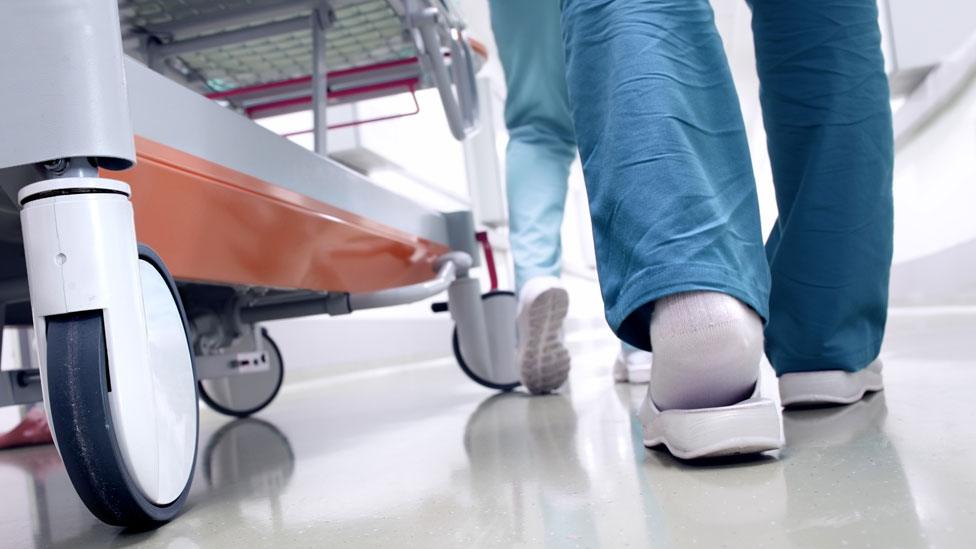
The Welsh NHS is one area likely to see an increase in funding
Ministers always face pressure to boost funding for the NHS - and there could well be a boost for health in the budget.
Last week experts warned that NHS Wales faces a £700m black hole in its finances in just three years time.
Wales cut NHS funding in 2010 and for three years after that - leading to a torrent of criticism - but in recent years budgets have been rising.
Currently health and social care account for 48% of the overall Welsh Government budget.
Could this be the year that the budget for health services reaches 50% - or more?
Meanwhile local government is lobbying for no further cuts to councils.
Last year the Welsh Government cut the overall council budget by 2%, although it had felt it was quite generous compared to what happened in England.
Given the possibility of difficult battles for Labour around the corner in next May's council elections, ministers might want to give county halls some respite this time.

What could be cut?
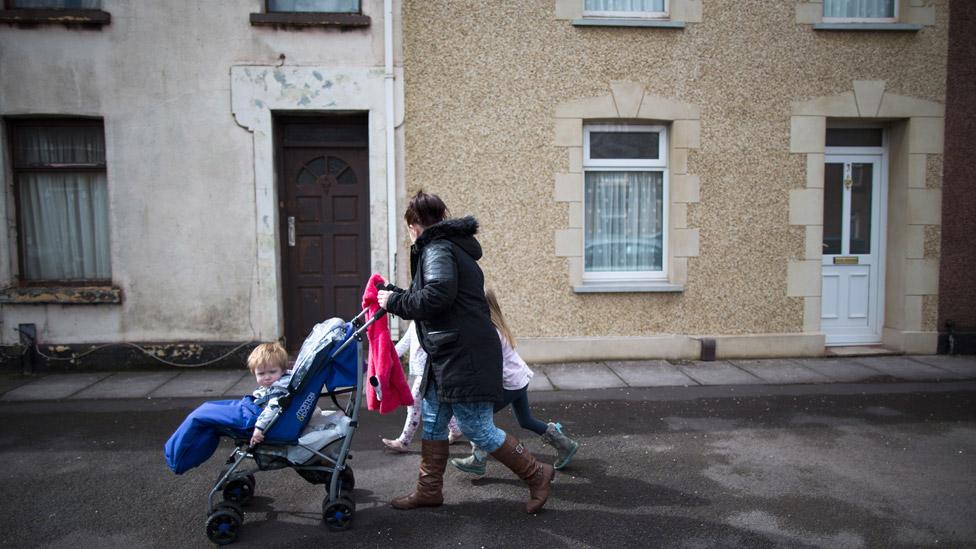
Port Talbot is one of the areas where Communities First money has been spent
We know that Communities First is set for the axe - worth £30m a year.
The scheme has been the Welsh Government's flagship anti-poverty project for 15 years but Communities Secretary Carl Sargeant said he was not convinced it was effective.
There are plenty of departments that could see their budgets trimmed - further education and economic development, maybe natural resources.
Education Secretary Kirsty Williams has also expressed scepticism about the effectiveness of Schools Challenge Cymru - a fund aimed at underperforming schools. Could the £20m scheme be coming to an end?

How will the government get it through the assembly?
Leanne Wood says there is "plenty there" to show Plaid Cymru priorities will be met
Labour did not win a majority at the last assembly election and must govern by doing deals with others.
Lib Dem Kirsty Williams is already on board with a cabinet post and Labour has an arrangement with Plaid Cymru where the two parties talk about policies in joint committees - a forum where the budget will have been discussed.
Plaid leader Leanne Wood confirmed to BBC Wales on Monday that a deal had been done with Labour to back the budget.
It could be the case that Labour will need to fund one or more of Plaid's manifesto commitments as the price for its support.
The "compact" agreement which saw Plaid back Carwyn Jones's return as first minister listed a set of priorities where the two parties had something of a consensus.
They included childcare and the delivery of new all-age apprenticeships, and increases to the number of healthcare workers and GPs.
- Published17 October 2016
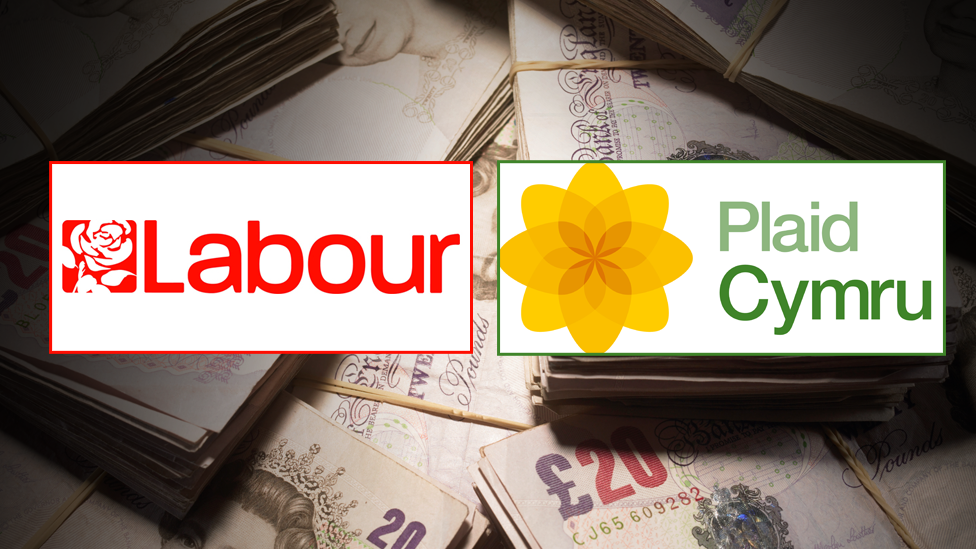
- Published13 October 2016

- Published14 September 2016
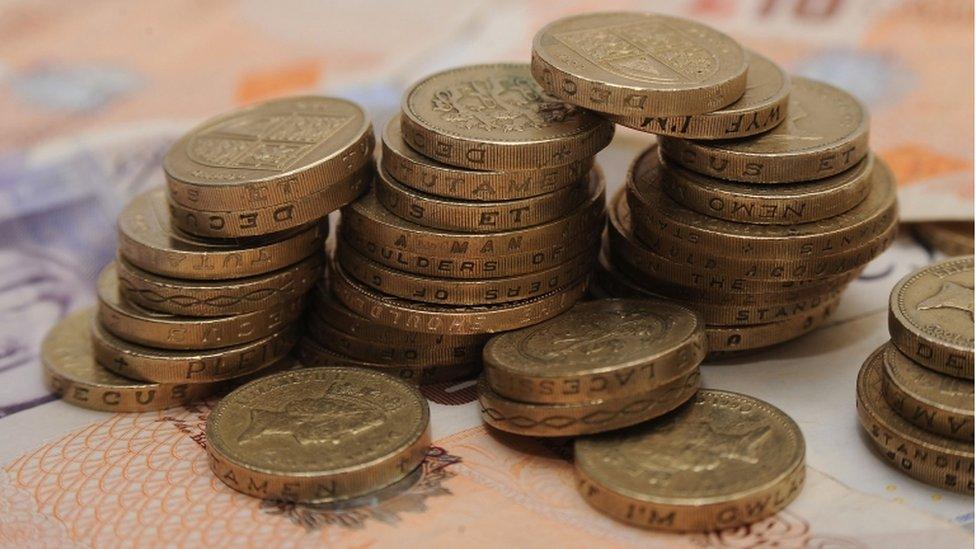
- Published13 October 2016

- Published8 December 2015
